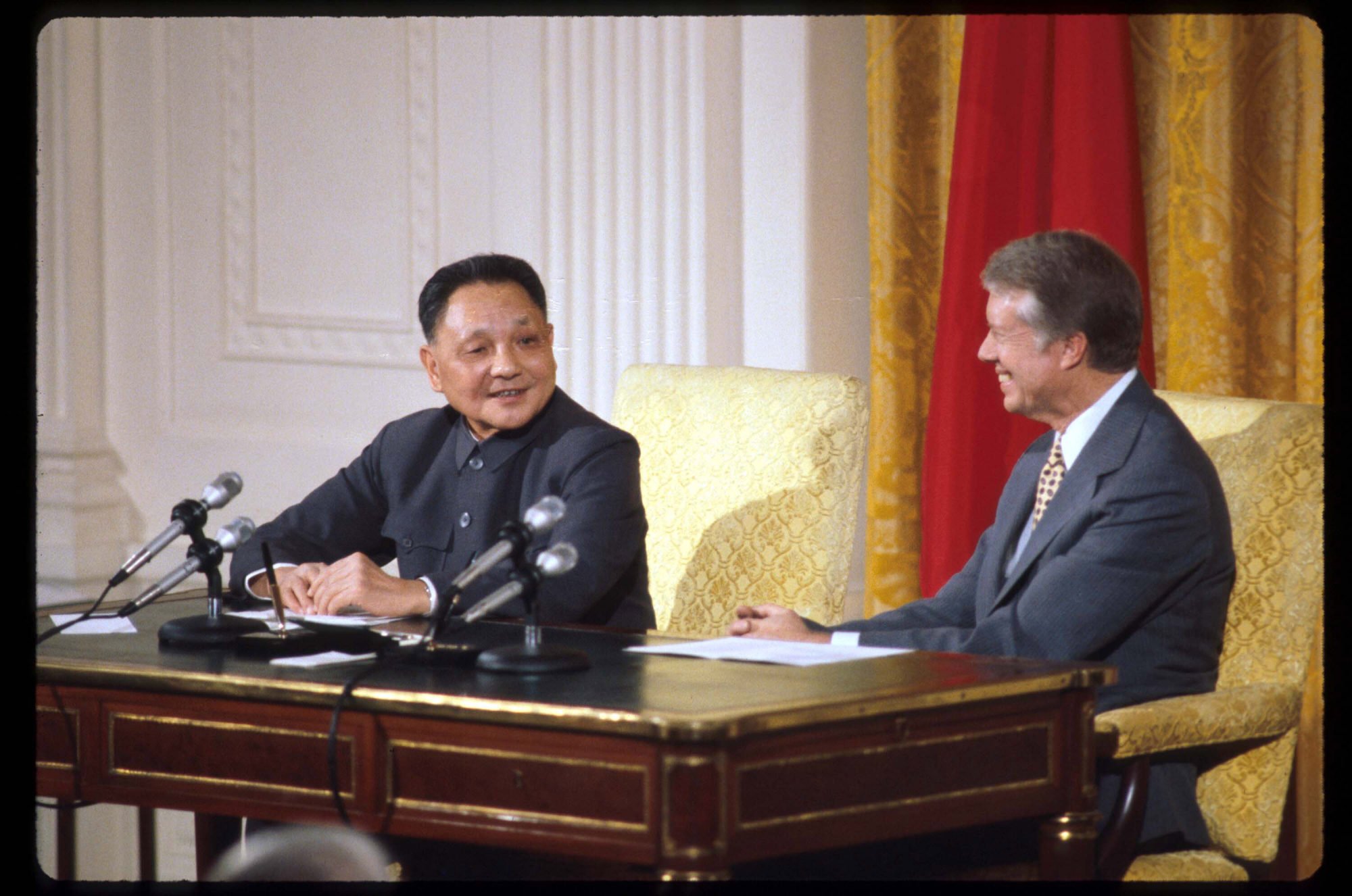The committee approved the bill 50-0; a specific date for a vote on the House floor has not been set, nor one for the Senate.

Renewed every five years, the STA received a six-month extension instead of a full renewal last August. It was extended again in February but only for another six months. That extension was not announced by the White House and administration officials have not commented on the matter.
Under the existing agreement, both American and Chinese researchers have enjoyed financial, legal, and political support for decades, fostering scientific collaboration. Advocates of the agreement say that it shields American scientists in China and facilitates research in the US by granting access to crucial Chinese databases, particularly in fields like health studies.
However, critics contend that China’s state supervision and control over science and technology projects within its borders have allowed Beijing to exploit the STA, addressing scientific gaps, honed skills and capitalising on the decentralised American academic landscape to establish dominance in sectors such as electric vehicles and renewable energy.
Members of the US Congress have also emphasised the need to assess risks and evaluate the STA’s impact on American innovation.
Renewal of US-China science pact likely to be delayed again
Renewal of US-China science pact likely to be delayed again
In support of the bill, Representative Mike Gallagher, a Wisconsin Republican who chairs the House Select Committee on the Chinese Communist Party, said that China “has abused the openness of the American scientific community to steal American research and co-opt it for its own malignant purposes, including to surveil the Chinese public and strengthen its military-industrial complex”.
The select committee welcomed the bill’s passage and in a post on X, formerly Twitter, said that the legislation would prevent a further extension of the STA “unless Secretary Blinken justifies that the CCP has improved its egregious human rights record”.
A similar Senate bill, sponsored by a group of Republican senators including Marco Rubio of Florida, Todd Young of Indiana, Ted Cruz of Texas and Katie Britt of Alabama, was introduced in September. According to a statement, the senators contended the bill was needed because of “concerns that research partnerships organised under the STA could (…) be used to develop technologies that could later be used against the US”.
Denis Simon, a distinguished fellow at the Institute for China-America Studies, said that Thursday’s vote sent “an additional negative message about this agreement that is unnecessary”.
According to Simon, who has spoken to officials from both sides involved in the talks, the State Department has already been made aware of the congressional interest in heightened political scrutiny and is “giving due deference to areas of concern”.
He added that as a result of political pressure, the agreement has been narrowed to focus on areas that are “pretty neutral”: global climate change, global pandemics and global health, food security and clean energy.
The bill, sponsored by Representative Lisa McClain, Republican of Michigan, passed 28-22.
Eyeing China, US House passes bill 414-0 prohibiting ‘sensitive data’ transfers
Eyeing China, US House passes bill 414-0 prohibiting ‘sensitive data’ transfers
According to the bill text, the president could waive the sanctions if he determines that Beijing has stopped the “genocide” of the Uygur Muslims, as well as all forms of threats, military exercises and aggression towards Taiwan, its undermining of Hong Kong’s autonomy, and efforts to steal US intellectual property.
Barr said that the legislation was a “common sense step to encourage the [Chinese Communist Party] to choose responsible action and respect for human rights over malign activities and political oppression.”
Representative Gregory Meeks of New York, the committee’s senior Democrat, opposed the bill. “By sanctioning all top leaders in one fell swoop, it would rupture the United States-China relationship while failing to deter China and its malign behaviour,” he said.
He added that it would affect US officials and businesses that “may need to engage PRC officials to advance the United States’ interest”.

